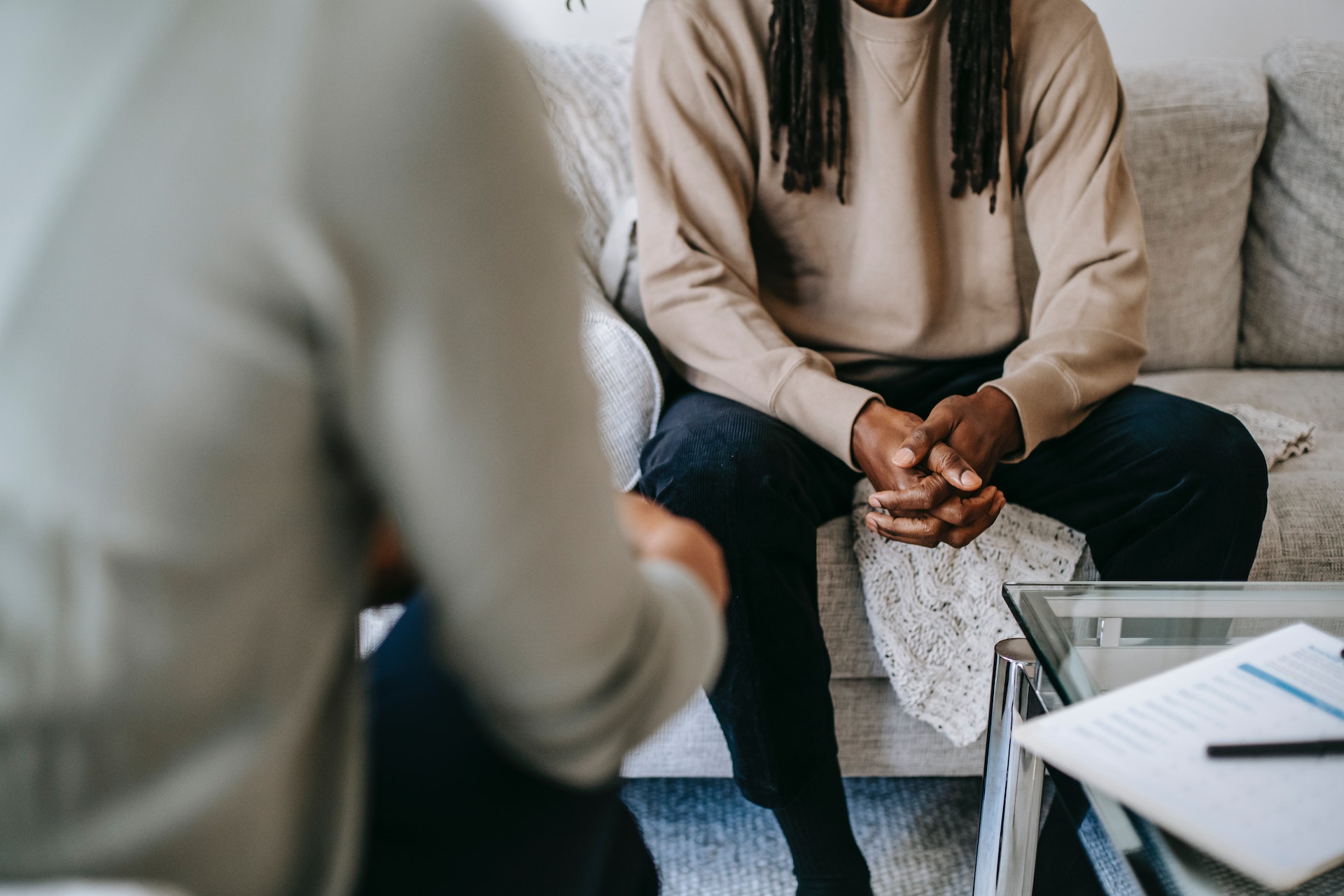
Introduction
Sexual violence-related research is difficult to conduct due to challenges with accessing survivors, the need to promote well-being during research engagement, and the challenges with reducing selection and information bias.
Yet, the public health importance of sexual violence and sexual harassment makes it imperative to conduct this research to generate data for evidence-informed prevention programs.
Our study used a concurrent mixed methods design to determine the prevalence and correlates of sexual harassment in first-generation tertiary institutions in South-West Nigeria and the lived experiences of survivors of sexual harassment.
Data collection methods included policy reviews, an online survey, focused group discussions, in-depth interviews, and key informant interviews. Participants who had experienced sexual harassment were recruited through the university systems that handled students’ reports and cases and non-governmental organisations that had interacted with survivors.
Experiences in the Field
Despite the successful community entry process to introduce the project to the target institutions for the study, survivors were very hesitant to be part of the project. It took several calls and meetings to explain the importance of the study to stakeholders and survivors to be able to conduct nine focus group discussions, twelve in-depth interviews, and nine key informant interviews with sixty-six participants.
The team reflected on our experience with engaging with survivors about their experiences. Despite the assured confidentiality and efforts to secure comfortable private spaces for the conversation with survivors, survivors harboured fears about reprisal attacks from perpetrators, especially those with leadership roles in the university.
Some survivors had tried to speak up in the past and faced negative consequences; thus, they were more reluctant to speak about their experiences now.
In the words of team members:
“It is easy for everyone to say speak-up but believe me, it takes a lot of courage, trust, and confidence for survivors to actually recollect and replay their experiences to another person.”
“It was difficult getting survivors to speak up. This was partly due to previous experiences of breach of trust, victimization, and being caught in the power play between the aggressors and “other powers” that be.”
Some survivors refused to share their experiences because they were not convinced that their experiences would not be traced back to them.
The interviews were also challenging as it was difficult to gauge the non-verbal communication by survivors. Team members had to rely on voice inflections to make a judgement about the messages being passed across.
“We encountered the challenge of getting survivors to trust us enough to confide in us. Even after explaining the steps that we had taken to ensure anonymity, a good number of survivors refused to take part in the project because they didn’t want their stories out or people figuring out it was them.”
Despite the challenges, the project brought some hope to survivors. This was the best moment for team members.
“One of the best experiences on this project was the sound of hope in the statements of respondents when I informed them that the findings from this project would be relayed to the management of their various institutions. It was beautiful to see their zeal to bring their plights, experiences, disappointments, and suggestions on SH to the limelight of their various institutions.”
Lessons Learnt
Our reflections on our experience in the field helped us to think through better ways of engaging with survivors in the future.
First, it may be easier for the survivors to share their experiences if they share their experiences without physical contact with the interviewees.
They are then completely anonymised, and the fear of future repercussions can be eliminated.
Second, it is important that team members are trained in effective communication, empathy, and other soft skills that can facilitate trust building.
It is also important that team members are able to provide psychological first aid before referrals, as recalling past experiences can be traumatic.
The training of staff on these skills helped team members in the field, not only in relation to their engagement with the survivors but also in their own self-care.

